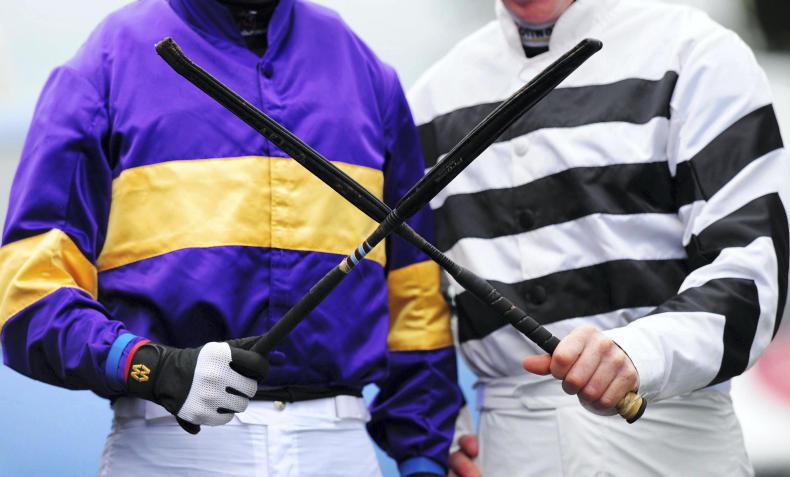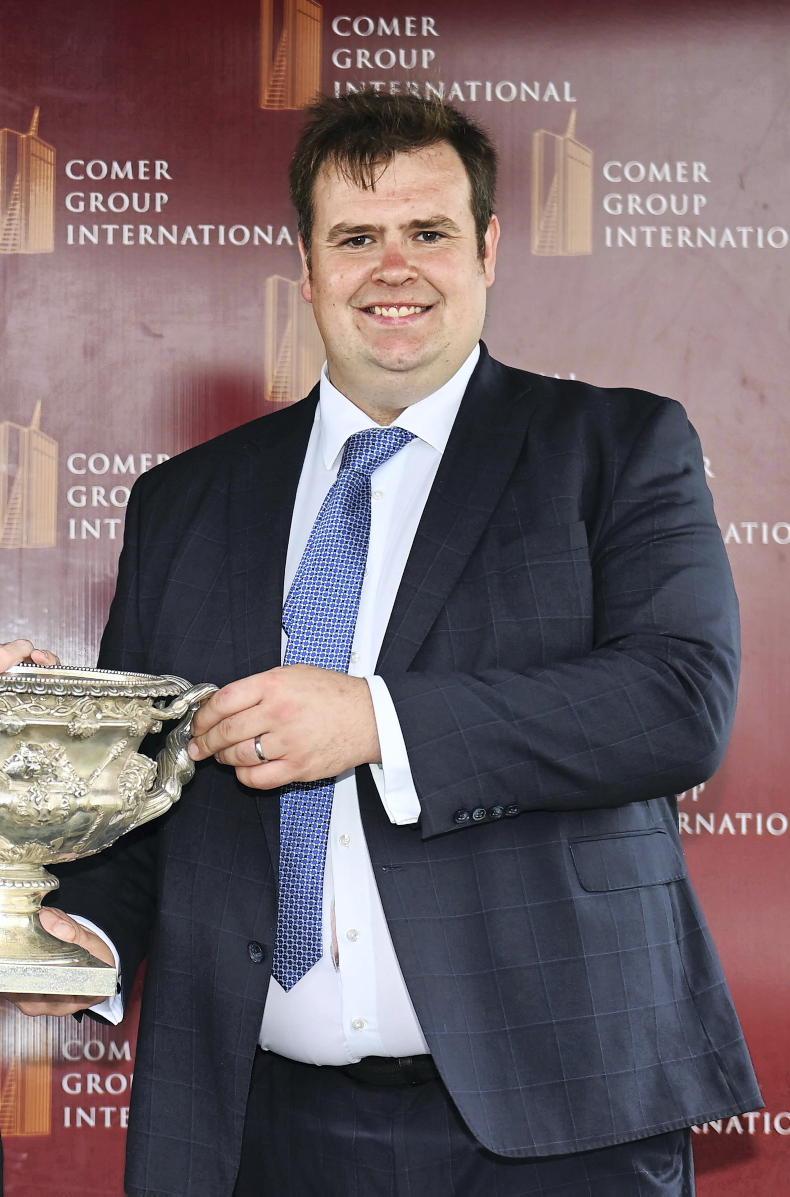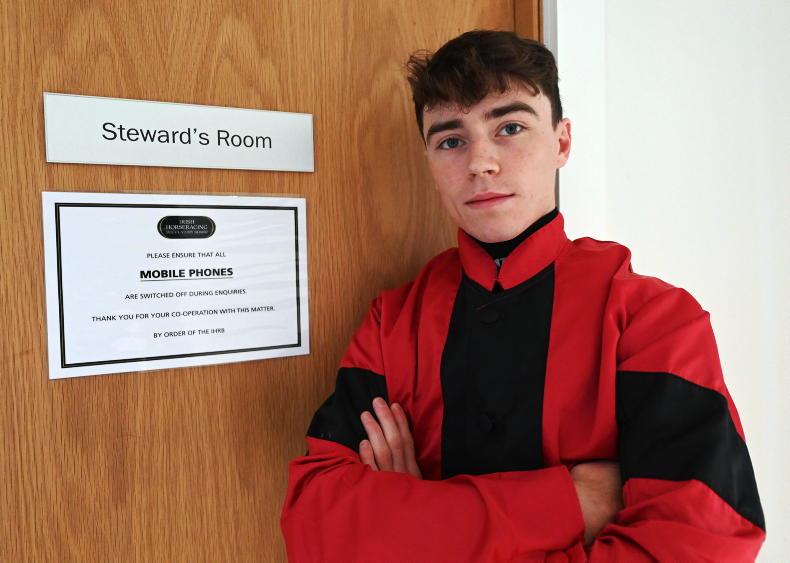A LIMIT on the number of times jockeys can use their whip in a race will be introduced “in the coming months” by the Irish Horseracing Regulatory Board [IHRB]. Nine strikes is likely to be the number of strikes which automatically triggers an enquiry.
This compares with five permitted hits in France, and in Britain a stewards’ inquiry is triggered if a jockey uses his whip more than seven times in a flat race or eight in a jumps race.
The proposed Irish rule change follows the publication of integrity statistics for 2018 which show that the number of whip offences last year rose by 26% to 213.
IHRB chief executive Denis Egan said the level of rule breaches was now back at a level similar to 2013 when the rules were most recently revised. “The IHRB will be introducing more stringent whip rules in the coming months and, for the first time, there will be a restriction on the number of strikes allowed. There will also be higher penalties for frequent offenders.”
The new rules will be put before the directors of the IHRB on March 19th. Egan said: “The proposal is that the number of hits be restricted to nine, though the stewards will have the power to disregard certain hits, if it is used for safety or corrective reasons, for example. The rules will also define “adequate time to respond” as three strides.”
Jockeys who break the rules will appear before the Referrals Committee on their fourth offence. Egan said there are no plans to alter placings or deduct prize money arising from whip rule breaches.
Explaining the background to the rule change, Egan said: “There was a disimprovement halfway through the year. We met the Jockeys Association in late July and we told them that if there was no improvement before year-end we would review the rules, as it was clear that the current rules were not having the desired effect. We produced monthly statistics through the second half of 2018 and the situation continued to disimprove, though it did level off in November and December.”
Asked if the IHRB had come under pressure from other racing authorities or interest groups outside of racing to change the rules, Egan said: “No, this is purely as a result of our own observations.”
Andrew Coonan of the Jockeys Association said he was “surprised and disappointed” by the development. “We had a very useful meeting about this matter last year and not since then were any new rules mentioned to us. I am disappointed Mr Egan would make such an announcement without further discussion with the jockeys.”
Coonan attributed the rise in rule breaches to a change in behaviour by the stewards, not the jockeys. “It appears clear to us that riders are doing the same thing day in, day out but there has been a demonstrable increase in the penalties being handed out.”
He added: “Introducing a number in respect of the number of strokes permitted is tying the hands of the stewards. It should be left at their discretion. There are many factors to be taken into account, such as the race distance, and at what point of the race the first strike was administered.”
Michael Grassick, chief executive of the Irish Racehorse Trainers Association, said: “I don’t agree with [the IHRB] putting a figure on the number of times the whip can be used. It should be left to the discretion of the stewards on the day. It’s something you need to watch – some jockeys use the whip lightly and others might deserve a reprimand over just a few strikes given in the wrong way or in the wrong place.”
The 2018 integrity statistics also confirmed the massive rise in passport rule breaches (up 463% to 111) following a rule change. The number of positive tests returned by racehorses jumped five to 27. The reason for this is unconfirmed though many have linked it with a change in laboratory. Five of the 27 cases have yet to be heard. Egan said there have been no positive tests so far this year.
There was a 27% jump in the number of penalties handed out for ‘running and riding’ offences to 37. The number of licensed trainers rose by 3.6% to 372, the first rise in many years.


 This is a subscriber-only article
This is a subscriber-only article
 It looks like you're browsing in private mode
It looks like you're browsing in private mode









SHARING OPTIONS: